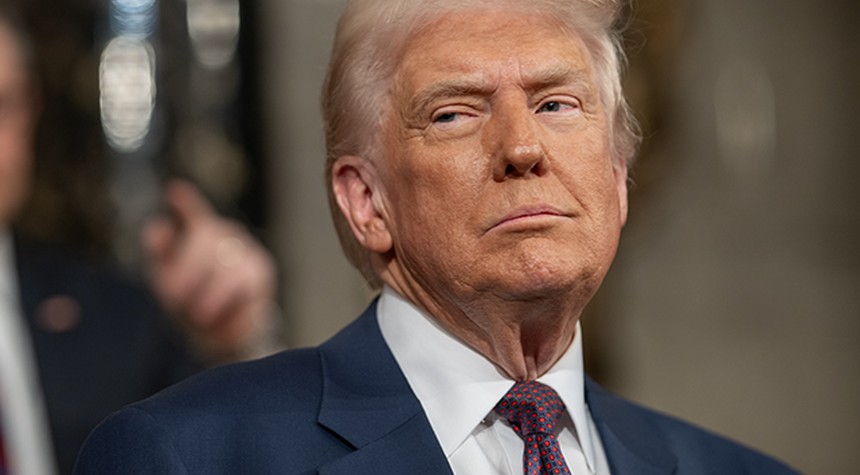In a bold move challenging years of what conservatives have long decried as politically motivated investigations, former President Donald Trump has filed administrative claims totaling $230 million against the Department of Justice, while pledging to donate any potential settlement to charity.
The claims, meticulously documented through Standard Form 95 submissions, target two distinct periods of alleged government overreach. The first filing addresses the extensively discredited Russia collusion investigation, which consumed nearly two years of Trump’s presidency and cost American taxpayers millions of dollars, only to yield no evidence of conspiracy with foreign powers.
The second claim confronts what many Republicans have identified as an unprecedented weaponization of federal law enforcement: the 2022 FBI raid on Mar-a-Lago and subsequent classified documents case. This action, occurring during a heated political season, raised serious questions about the timing and motivation of Justice Department decisions.
Legal experts note these administrative claims serve as prerequisite steps before potential federal lawsuits, requiring the Justice Department to evaluate settlement possibilities before court proceedings commence. The claims specifically allege privacy violations, malicious prosecution, and in the Mar-a-Lago case, deliberate harassment designed to influence electoral outcomes.
The situation presents a unique challenge for current Justice Department leadership. Deputy Attorney General Todd Blanche, who previously served as Trump’s criminal defense attorney, acknowledged during his confirmation hearing an ongoing attorney-client relationship with the former president. Similarly, civil division chief Stanley Woodward Jr. has past professional connections to several Trump associates involved in related investigations.
These relationships create an intricate web of potential conflicts of interest, particularly given that any settlement exceeding $4 million requires approval from senior Justice Department officials. The department’s internal protocols for managing such conflicts remain unclear.
Trump’s commitment to donate any potential settlement to charity underscores his stated motivation: seeking accountability rather than personal enrichment. This approach aligns with his previous assertions that the investigations represented politically motivated attacks on both his presidency and the conservative movement more broadly.
The claims’ timing coincides with growing conservative criticism of what many view as a two-tiered justice system, where political affiliations appear to influence investigative and prosecutorial decisions. These filings represent a significant counter-offensive against what Trump supporters have long characterized as the weaponization of federal law enforcement agencies against political opponents.
As this process unfolds, it will likely test both the Justice Department’s internal conflict resolution procedures and its ability to fairly adjudicate claims involving former presidents. The outcome could set important precedents for future cases involving high-profile political figures and the boundaries of federal investigative authority.
Related: Healthcare Crisis Looms as Obamacare Subsidies Near Expiration

